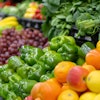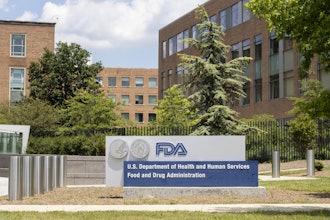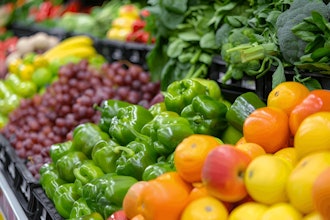YAKIMA, Wash. (AP) — Larger crops, changing varieties and mechanization are key issues facing the apple industry in the state of Washington in the years ahead, a horticulture official said at a convention in Yakima.
Growers will have to find the right mix of apple varieties for the market and continue to promote exports, said David Douglas, president of the Washington State Horticultural Association.
Apples are grown on about 160,000 acres in the state. Export sales account for about a third of all the apples sold, the Yakima Herald-Republic (http://is.gd/mX59Ha) reported Tuesday.
Douglas made his statement at the 108th annual convention of the association that attracted about 1,600 people to the Yakima Convention Center.
Attendees are also checking out a trade show at the Yakima Valley SunDome, with 250 exhibitors showing off equipment, services and products.
Washington is the nation's leading apple producer. This year's crop was a record 121 million boxes. A box of apples weighs 40 pounds.
"The mix of varieties has changed and is vastly different," said Douglas, referring to the decreasing numbers of Red Delicious apples and increasing volumes of Honeycrisp, Gala and other varieties.
"We have to continue to make sure we are growing the mix of fruit the market desires. As we grow larger crops, it is important to be in position to export," said Douglas, a member of the family ownership group of Douglas Fruit Co.
Larger crops will come from higher yields on the same number of acres, he said.
An economic study requested by the Washington Apple Commission concluded the apple industry contributed more than $7 billion to the state's economy during the 2010-2011 marketing season. Nearly 60,000 people were employed in production and related industries, generating wages of about $1.95 billion.
Labor shortages in the orchards the past two years have growers looking to increase mechanization.
"Mechanization is something the industry needs to work toward," Douglas said. "All our apples are hand-picked. There will be some that will be machine-harvested. It is hard to know how soon."






















